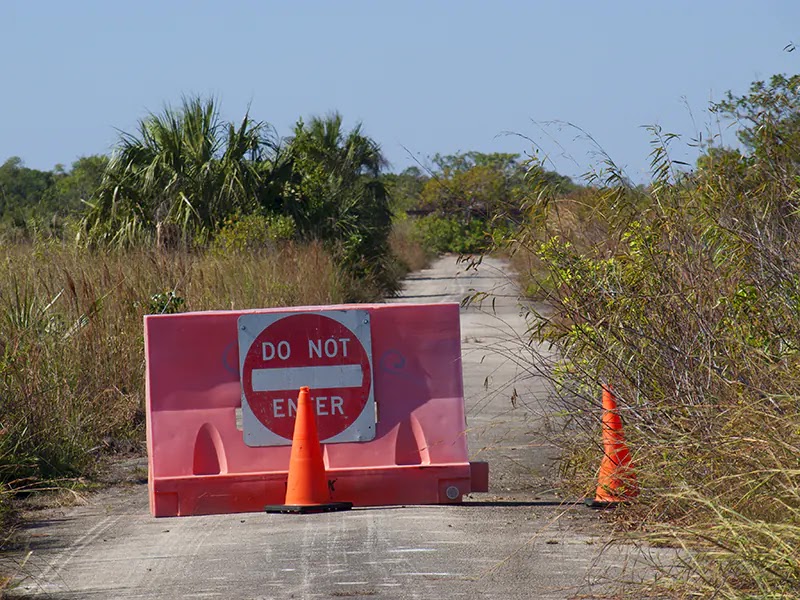Thirty-Seven days of peril: A man lost in Yellowstone in the 1800s
 |
| Drawing illustrating the article of the Scribner's Monthly magazine - Image: Public Domain. |
This adventurous account was published in the edition of Scribner's Monthly of November 1871. This magazine was published from 1870 to 1881, and one of its well-known contributors was the famous naturalist John Muir.
The author of the text is the protagonist of the ordeal: Truman Everts. This was the guy President Lincoln chose in 1861 to take care of government taxes in the Montana Territory.
Truman joined the Washburn Expedition of 1870 to explore Yellowstone - they were the folks that named the Old Faithful geyser. During a terrible storm, he got separated from the team and went lost for 37 days without supplies and equipment in the wilderness of Yellowstone.
Truman Everts survived eating thistle - the plant was later named "Evert's Thistle" -, and at the time of the rescue his weight was around the 50 pounds.
This ordeal happened before the creation of Yellowstone National Park, and even before Wyoming was a state of the union. Later, the government offered him the job of first superintendent of the newly created national park, but he declined because in his view the salary was low.
Three quotes from the publication illustrate Truman's scary adventure.
The forest seemed alive with the screeching of night birds, the angry barking of coyotes, and the prolonged, dismal howl of the gray wolf.
No food, no fire; no means to procure either; alone in an unexplored wilderness, one hundred and fifty miles from the nearest human abode, surrounded by wild beasts, and famishing with hunger.
It was the screech of a mountain lion, so alarmingly near as to cause every nerve to thrill with terror.
Read the text in Project Guttenberg.



Comments
Post a Comment